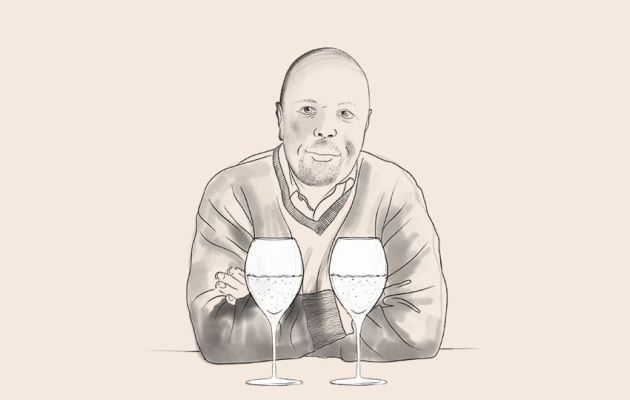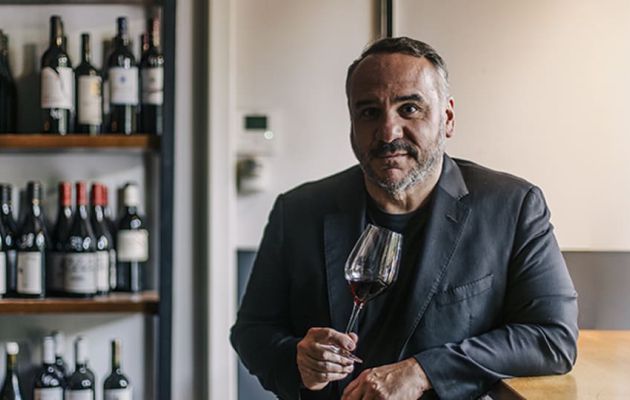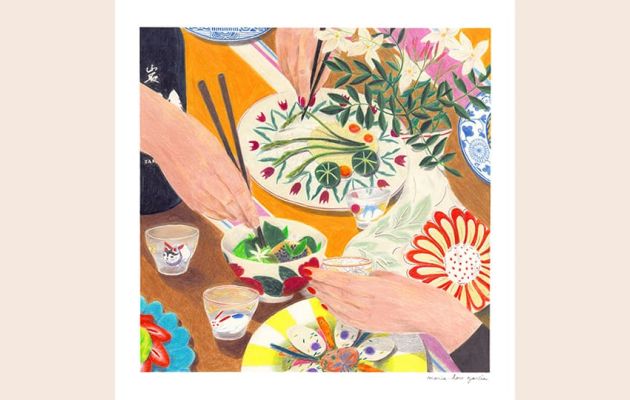[ PORTRAIT ]
Sommelier // Canada
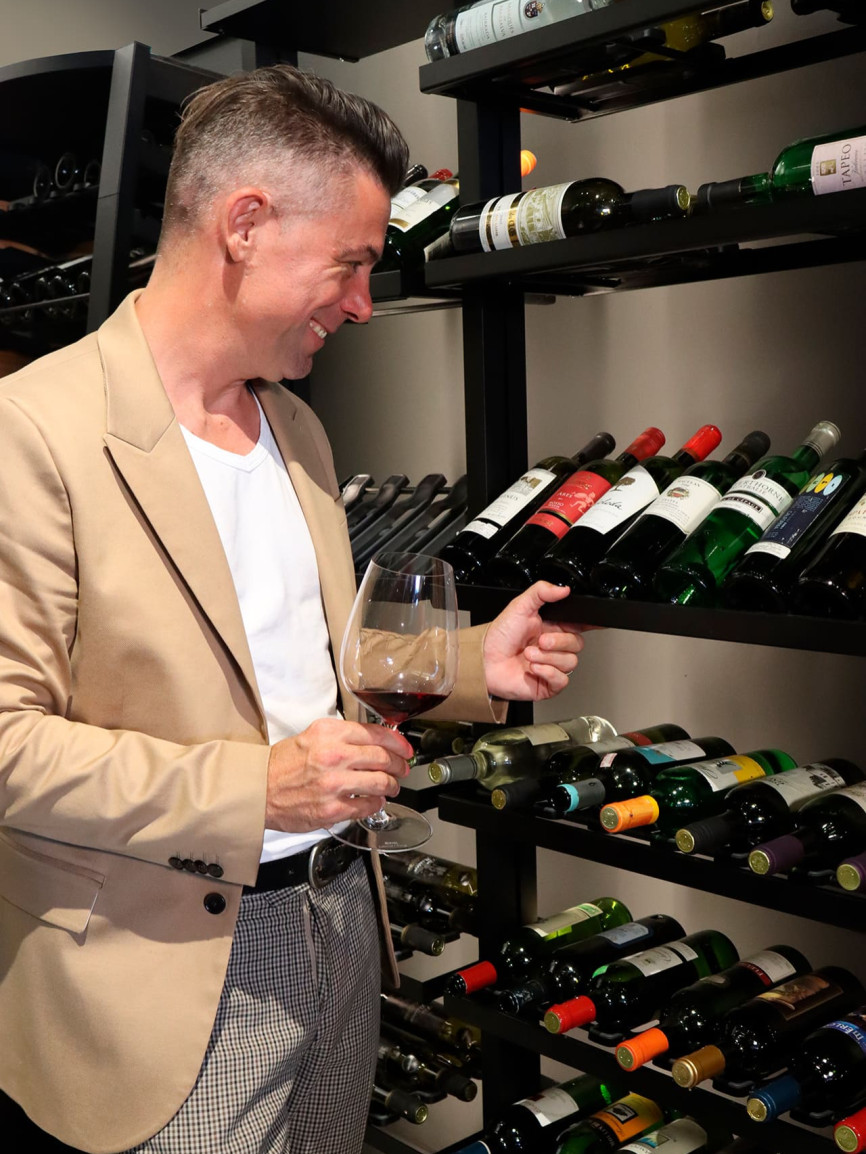
_
Talk with Hugo Duchesne
"Being a sommelier is about successfully conveying an emotion the winegrower aimed to express in his or her wine."
We met Hugo Duchesne in his favourite retreat – the wine cellar – in the middle of his service. After garnering the titles of Quebec’s Best Sommelier and the Second Best Sommelier in the Americas, Duchesne continues to be a risk-taker by nature, constantly looking for new challenges, but more because of their humbling effect than to receive plaudits.
From his original fascination for wine through to his EuroCave and the entire world it contains, we met a sommelier who makes you want to lap up his words, and more.


What first triggered your interest in wine?
HUGO DUCHESNE
It’s always funny to remember because when I was young, I didn’t like wine at all. I didn’t enjoy its smell or anything that had a vinegary taste. Fortunately, when I was a student, I had the good fortune of working at a cheesemongers at the Jean-Talon market in Montreal, an incredible place full of market gardeners, butchers and bakers. The owner of the cheesemongers was a passionate wine collector. On really good days at work, he would serve us a glass of Gevrey-Chambertin or Châteauneuf-du-Pape and say, “It’s not to impress you, it’s because you are capable of appreciating it”. This sentence, which is full of modesty, marked the beginning of my interest in wine.
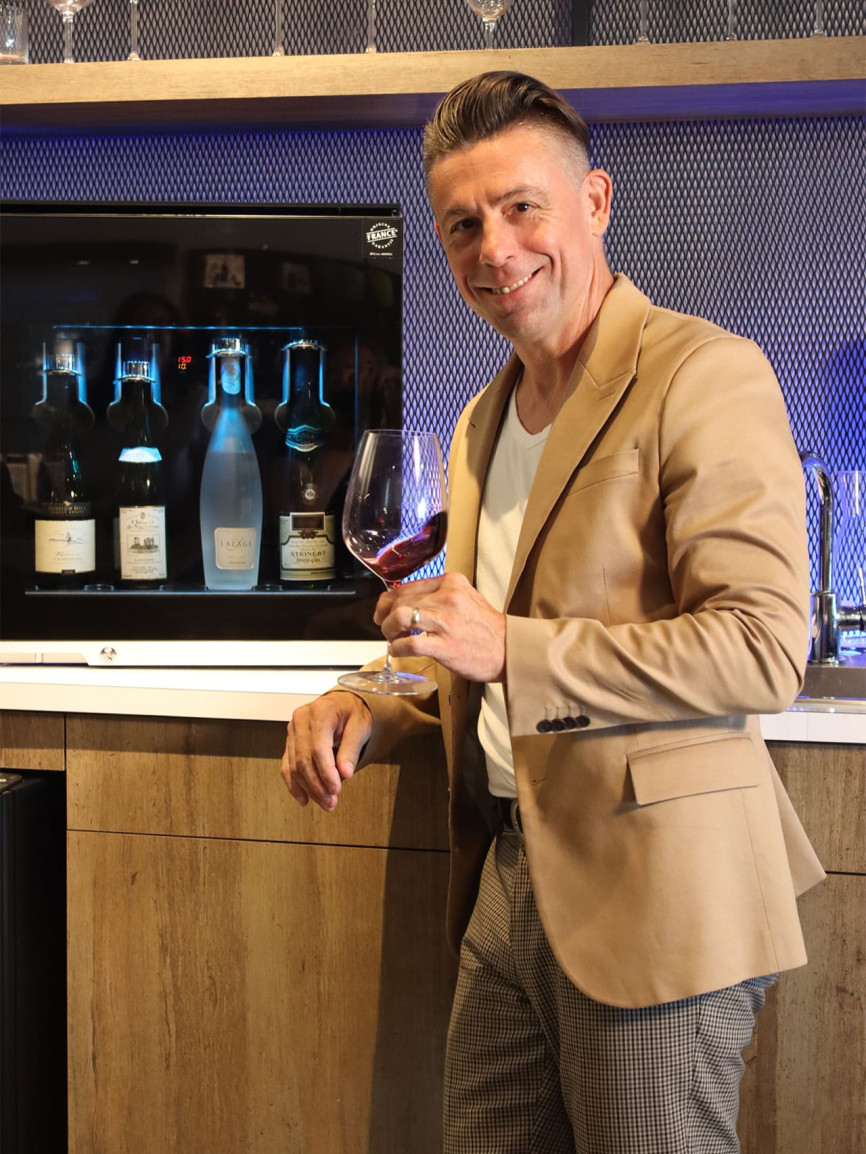

I really started to like wine when I tried to understand it.

How did you go from the pleasure of enjoying fine wines to becoming a sommelier?
HUGO DUCHESNE
I really started to like wine when I tried to understand it, realising that this was the beginning but that there might never be an end. With the team at the cheesemongers, we would occasionally go to a restaurant where wine really held pride of place. The sommelier would come to our table, bring the wine list and chat with the patrons. That’s how I started reading the wine list, understanding regions, appellations, growths etc. It was like discovering places through a bottle of wine. All of a sudden, the job of sommelier became a bridge between the product and hospitality for me, and I really loved that!

If you don’t have a good ability to communicate, it is impossible to convey an emotion the winegrower aimed to express in his or her wine.
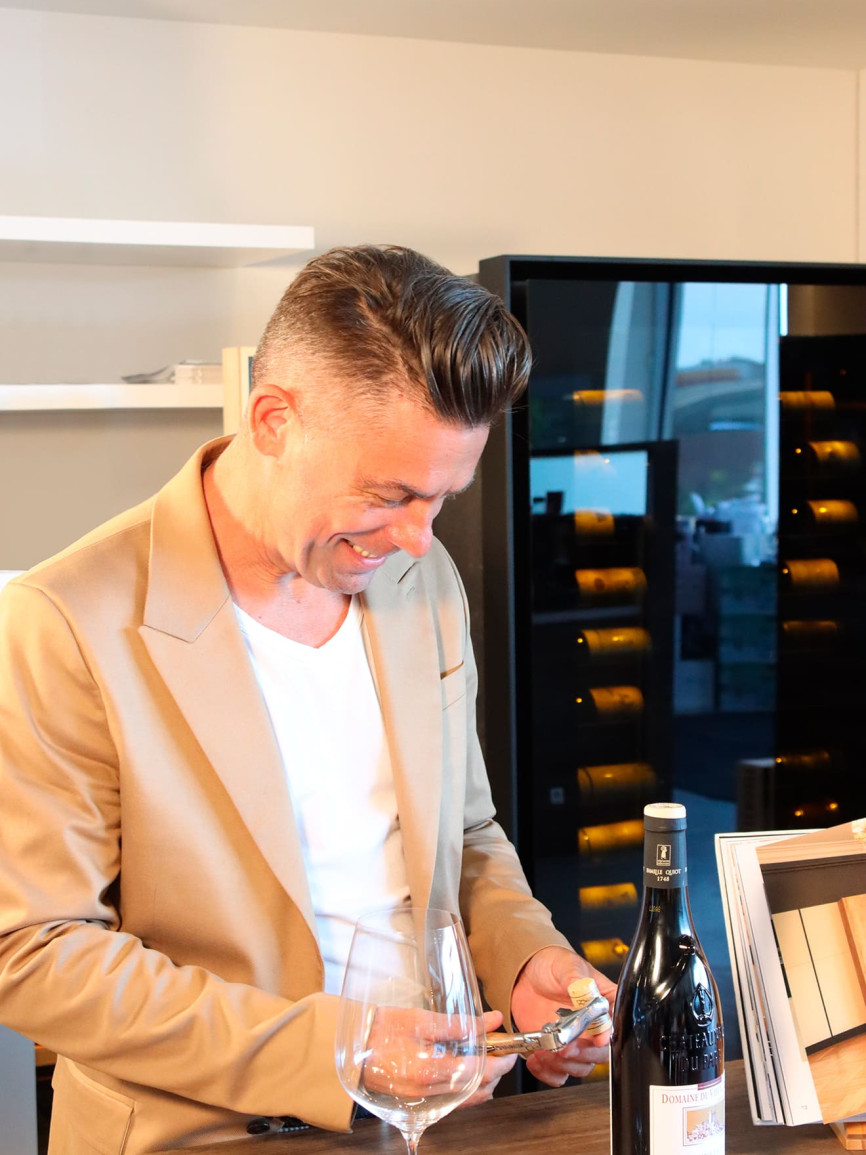

So it’s mostly about your sensitivity to the narrative, the power of words, which matches your literary education?
HUGO DUCHESNE
Absolutely, a sommelier’s task relies heavily on communication. If you don’t have a good ability to communicate, it is impossible to convey an emotion the winegrower aimed to express in his or her wine. Whilst I was studying literature, reading and analysing texts enabled me to understand the intentions of the authors and historic backgrounds. Similarly, with wine, you need memory and to pay particular attention to words which create a vocabulary that is packed with flavours and sensations. To make wine accessible, you need to have a thorough understanding of the subject matter and avoid metaphors that are too complex or convoluted. When I talk about wine with my customers, I refer to aromas, places and structures with ordinary, day-to-day references, then I use their words to create a common language between them and me. This approach mirrors the open-mindedness and culture of wine in Quebec.

When I talk about wine to customers, I use their words to create a common language.
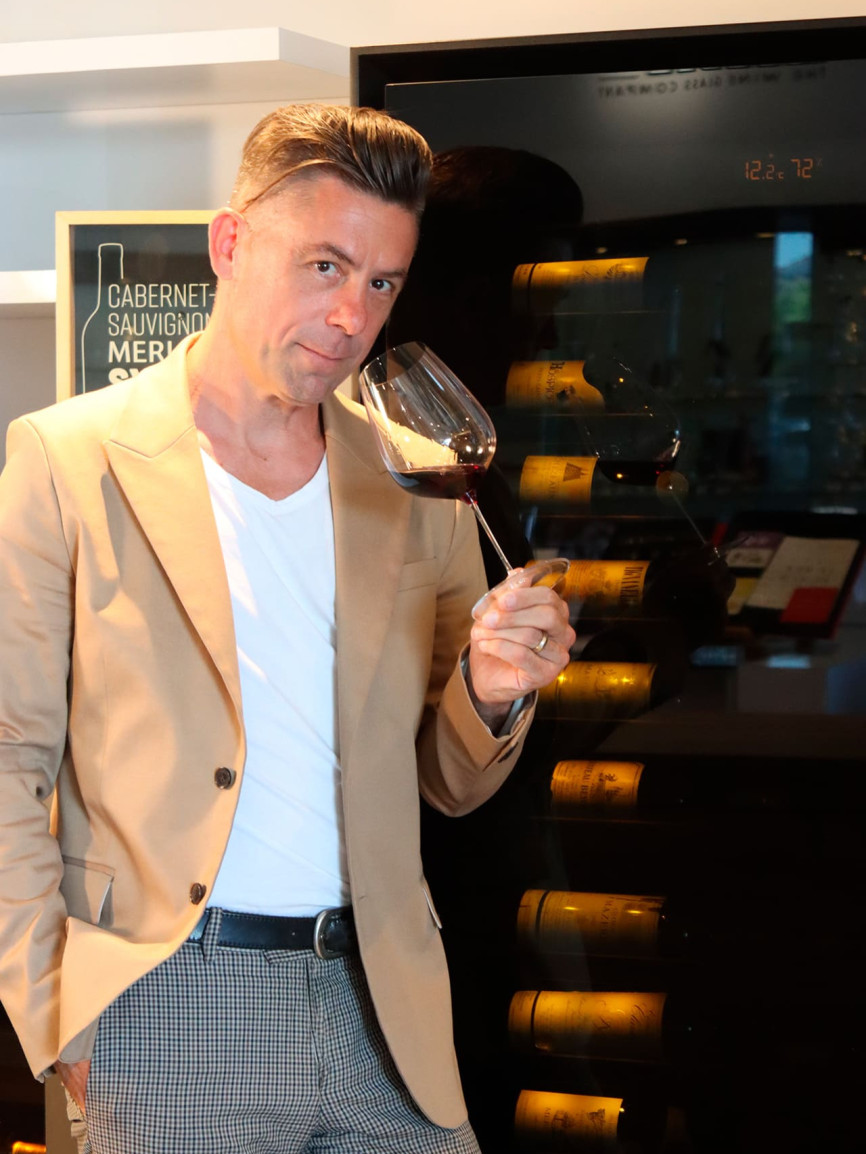

So what exactly is the culture of wine in Quebec?
HUGO DUCHESNE
Quebec is a very small producer of wine but that’s what’s fantastic about it. It makes Quebec a region that is open to exploring the world of wine, with no chauvinism or biases. The State monopoly, the SAQ (Société des Alcools du Québec) allows wine professionals to get their hands on a wide range of wines and some excellent bottles – Champagnes by growers, Austrian bottlings, wines from the McLaren Vale in Australia and many more. Nowadays, we look for both quality with very sophisticated wines and originality with wines from regions that are not well known or made using adventurous winemaking methods, like skin-contact wines. This is exploration right across-the-board!

Do you have the same variety of wines in your EuroCave?
HUGO DUCHESNE
There is a difference between the wines I buy to meet the tastes of my customers with standard listings on the wine list, and the wines I enjoy at home. I like to explore a very varied selection, ranging from the Rhone Valley to Priorat and Barolo. It’s like having the entire world in a single place – Burgundy, Piedmont, Australia, Austria, all the grape varieties and the vintages, all these bottles brought together in the place I have chosen for them. At the restaurant, right in the middle of the service or when we needed a little break, the wine cellar was a place we could go for some coolness and peace, an interlude far removed from all the noise outside, a real retreat.
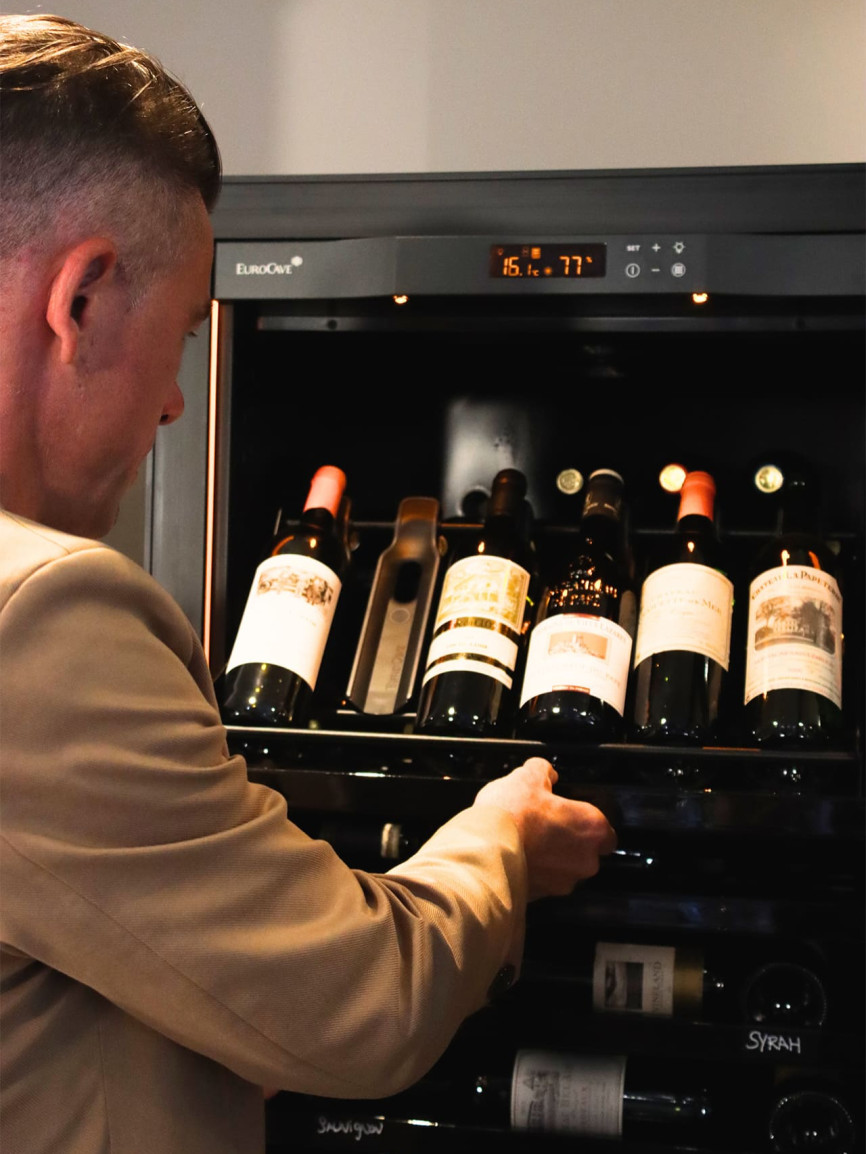

My EuroCave is like having the entire world in a single place.

You won the titles of Best Sommelier of Quebec and Second Best Sommelier of the Americas. What’s the next step for you?
HUGO DUCHESNE
I am currently following American and English certification courses and aiming for the title of Master Sommelier (the equivalent of the Master of Wine or Best French Craftsman/MOF). I will probably also take part in the Best Sommelier of Canada competition if I don’t have anything else planned on the day of the competition, in November 2026! For me, getting to the top of this profession implies taking risks. I place a lot of importance on the last question in the competition which fully reflects the hospitality in our business: “Would you like to be served by this male or female sommelier?” Even if it is more difficult to feel at ease on a stage in front of a judging panel than opposite customers in a restaurant!
Prolong the experience
Discover the profiles of creative and influential personalities explaining their relationship with wine, the secrets of sommeliers or legendary establishments.
When you subscribe to the magazine, your email address is only used to send you our content newsletter. You can unsubscribe at any time by clicking the unsubscribe link included in each newsletter. To find out more about management of your data and your rights, click here .

